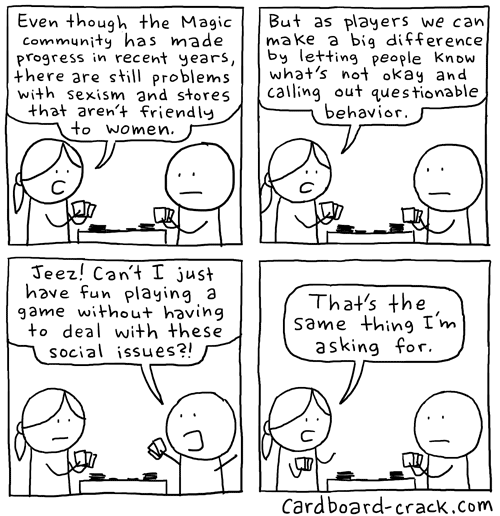Full disclosure, I have read Johan Huizinga’s book Homo Ludens five times. Cover to freaking cover, I have read it five times. That’s about three full times more than I have ever read any book. I have read it so many times because it is like a really good board game: easy to learn, difficult to master. As I was prepping for my Video Game Culture class this spring, I reread it for the fifth time, and I found a little nugget in Chapter Three, pages 74-75, that I had never noticed before—something that I think is groundbreaking, shocking, and I still don’t know what to make of it.
Before I get to the point, let me give you a little background. Chapter Three is called “Play and Contest as Civilizing Functions.” In true Huizingian fashion, the chapter digs through the ways several civilizations linguistically conceived of “play,” as we know it in English. The Greek of course have child’s play as well as agon, meaning contest [this is all going to be very simplified, but won’t hurt my point, I promise]. The Latin word ludus is the closest relation to how we think of play, everything from contest to child’s play to frivolity to seriousness. He focuses a lot on the idea of winning, and despite what Sirlin might argue, Huizinga concludes that a exaggerated desire to win will in fact spoil the game (50). Every game has its stake, true, and some stakes are symbolic and some are material. However, it usually is the intangible that drives the winner.
He delves into the different types of contests, such as war, boasting-matches, sports, religious competitiveness, and so on. His point up until page 74 is that play, which includes contest, can be deadly serious, has a different history depending on the culture you look at, and that agonistic play precedes culture. All very interesting. But then he drops this bombs, casually, at the end of the chapter: he says Greek society was dominated by the agon… “It is a transition from ‘battle to play’, [sic] as Ehrenberg puts it, hence a sign of decadence. And undoubtedly the predominance of the agonistic principle does lead to decadence in the long run… the very pointlessness and meaninglessness of the agon finally led to the ‘loss of all the serious qualities in life, in thought, and in action; indifference to all impulses from without, and the squandering of national forces merely for the sake of winning a game.’” I underlined and starred this passage previously, though I don’t know when, and I almost certainly could not have understood the magnitude of this statement at the time.
What does this mean? What Huizinga (while quoting Ehrenberg) is saying is that an abundance of competition will lead to meaninglessness in culture writ large. And (here is where my own interpretations are coming in) an abundance of agon happens when we ignore the other type of play: a playfulness, the Greek –inda suffix meaning pertaining to a child, or the Latin ludus that looks at play as a whole. Too much contest leads to decadence, meaninglessness, action for the sake of action, simply trying to show others we excel over them. Contest, for Huizinga, is “largely devoid of purpose. That is to say, the action begins and ends in itself” (49). Is this the world we live in now?
If Huizinga is right, and I think he might be, the implications are paramount. Take gamification, for example. In practice gamification seeks to extract mechanics from games and put them into an educational setting. Now, there are many problems with this of course, but think about it in the context of what Huizinga is saying above. By using things like leaderboards out of context and in an “ordinary world” setting rather than within a magic circle where everyone participates freely, are we possibly creating a culture of nihilism? Remember, for Huizinga play precedes culture always, and thus culture grows out of play, even if we choose to not recognize when we play as being play. Grades in school could be an extension of this. We don’t want our classmates to fail, but we want to do better than them. The entire American mentality of keeping up with the Joneses is predicated not on having the best, but having better than our neighbors.
America elected Donald Trump. England voted to exit the European Union. Yet many of the people who voted for these things say they were simply trying to make a point. Perhaps they just wanted to win; they wanted to excel beyond those with college educations and those they perceive as being elite. In a world saturated with contest, Huizinga would say, there is no meaning and there is no consideration of the consequences. All of life is a game, and we play to win.
I don’t know if our culture is in this nihilistic, agonistic state described by Huizinga, but I think it is something to be investigated. It certainly has me thinking.





One thought on “Play, Nihilism, and the Magic Circle: Something I Missed”
A very neat piece that gets at something that has always unsettled me about gaming and competition. Wherein competition on its face inspires better performance for its competitors but to win simply to win leaves us with not much else but a slightly better “player”